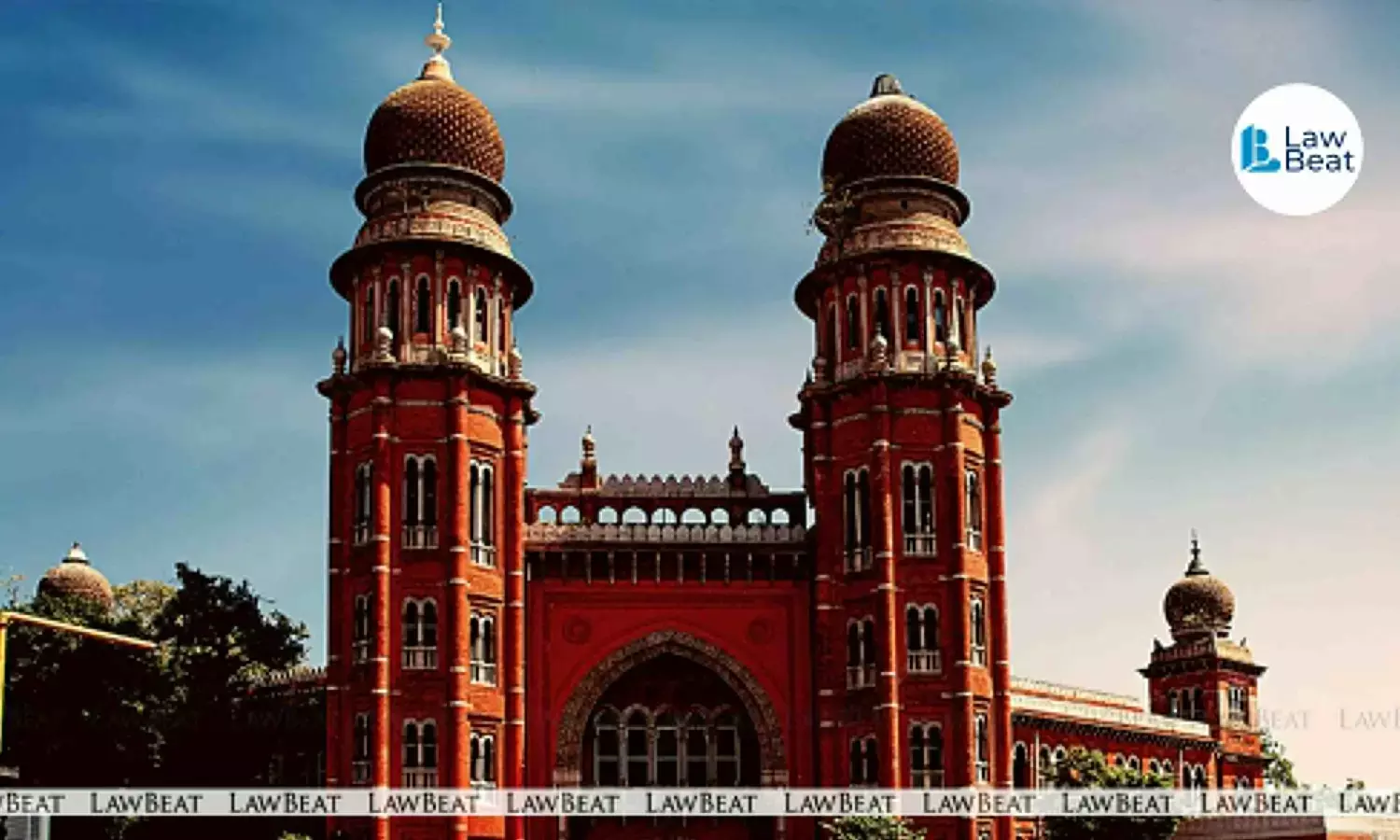'Every Religious Event Will Have Objectors': Madras HC Quashes Ayodhya Telecast FIR

The Madras High Court quashes criminal proceedings against five individuals over a traffic jam during the Ayodhya telecast
The Madras High Court recently quashed criminal proceedings against five individuals accused of causing a traffic jam during the live telecast of the Ayodhya Ram Mandir Pran Pratishtha ceremony in Coimbatore, holding that merely streaming a religious event from temple premises does not amount to unlawful assembly or public nuisance.
The bench of Justice N. Sathish Kumar allowed a plea filed by petitioners Sureshbabu, Ganeshbabu @ Kanmanibabu, Nagaraj, Gopi @ Gopinath, and Senthilkumar under Section 528 of the Bharatiya Nagarik Suraksha Sanhita (BNSS), seeking to quash the case pending before the Judicial Magistrate No.I, Coimbatore District.
A complaint was lodged by one A. Nagarajan, who alleged that the petitioners had installed an LED screen in front of Kamarajapuram Ram Temple Bhajanai Math to telecast the Ayodhya ceremony, which allegedly led to traffic congestion and disturbance to the public. The R.S. Puram Police subsequently registered a case for offences under Sections 143, 341, and 290 of the Indian Penal Code (IPC), pertaining to unlawful assembly, wrongful restraint, and public nuisance.
Challenging the prosecution, counsel for the petitioners argued that no specific allegations were made against them and that the installation of the screen was done within the temple premises after obtaining prior permission from the High Court. It was submitted that the court, in a related writ petition (W.P. No. 1430 of 2024) dated January 22, 2024, had expressly allowed live telecasts of the Ayodhya event in private temples subject to reasonable conditions, all of which were complied with. Hence, the continuation of the criminal case, counsel contended, was a clear abuse of process.
The State opposed the plea, asserting that the complaint and charge sheet disclosed sufficient material to proceed with trial.
After hearing both sides, Justice Sathish Kumar observed that the allegations, even if taken at face value, did not constitute the offences alleged. Referring to the earlier High Court order, the judge noted that conducting religious events, including bhajans or annadhanams, inside private enclosures or temples did not require police permission, unless they encroached upon public spaces or obstructed movement.
“It is a matter of common knowledge that whenever functions relating to different religions are conducted, there may be certain groups having grievances. Therefore, merely because some people gathered to watch said functions, it cannot be said as an unlawful assembly,” the judge remarked.
Court emphasized that none of the ingredients necessary to establish unlawful assembly, as defined under Section 141 IPC, were met in the present case. There was also no evidence of any public nuisance or obstruction of a public way.
Citing the Supreme Court’s decision in State of Haryana v. Bhajan Lal (1992), Justice Sathish Kumar reiterated that courts have the power to quash proceedings where allegations are absurd, improbable, or fail to disclose any offence.
Finding the prosecution’s case unsupported by evidence, court held that continuing the proceedings would be a “futile exercise” and an “abuse of process of law.” Accordingly, the criminal case before the Coimbatore Judicial Magistrate was quashed, and all connected petitions were closed.
Case Title: Sureshbabu and Others vs The State
Order Date: October 8, 2025
Bench: Justice N. Sathish Kumar
